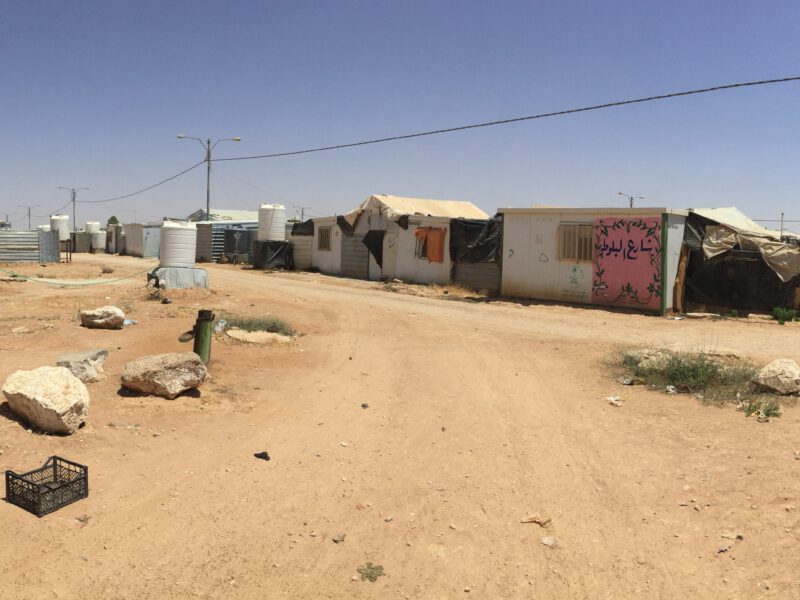Every morning when I cycle through Amsterdam, thousands cycle, drive and walk through the city; everyone having its own direction or goal. I often wonder where all these people come from and go. I go, and thousands with me, from west to east and thousands passing me in the opposite direction. Thousands go from north to south and from south to north as well, everyone having its own destination. I think it is impossible to grasp the moving city as a whole. I have to accept the complexity of it.
I think all movement in my town is like the economy and energy is no different.
What can I learn from economics if it comes to understand energy and energy transition?
The father of modern economics and the concept of free market is Adam Smith. He understood that economics and all transfers in society were so vast and complex that he could not grasp it. He called the ?Invisible Hand?.
Other economics like Leon Walras (1834-1910), Alfred Marshall (1842-1924) and Vilfredo Pareto (1848-1923) build theories on the ideas of Smith, all dealing with the vastness, the equilibrium of the free market and the balance between demand and supply. Pareto asked the question: ?Could an omniscient planner reallocate commodities among all the different people in the world in a better way that the free market?? The answer was no!
Smith and Pareto did not have big data. Was that a handicap? Would their results and knowledge be different if they had?
Even with big data we cannot grasp the vastness of our economic system, nor our energy systems.
In Smart Energy City projects we think that with the enormous amount of Big Data we have, we can understand the energy system to make plans and change them for the better and sustainable. Is that true or false?
Can we re-design our vast, complex and unimaginable entangled energy systems into sustainable ones with the aid of big data? Is that possible or do we have to accept, like Smith and Pareto, that the force that drives the energy systems of the world are like the economy and that the real thing will always be (partly) invisible like the hand of Smith?
readings:
– John Cassidy: What if markerts Fail (2009)
– Roger E.A. Farmer: How the economy Works (2010)




